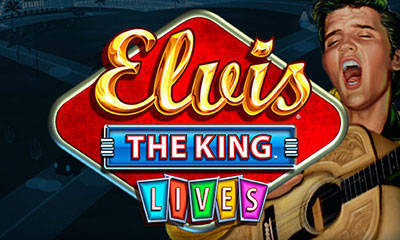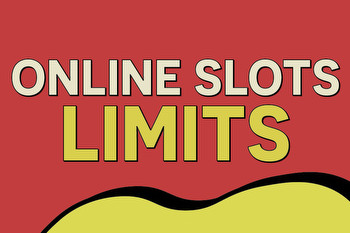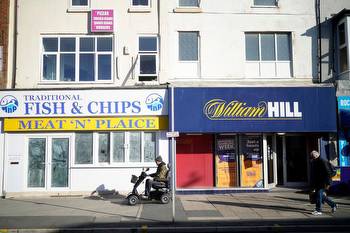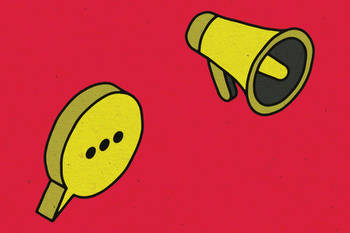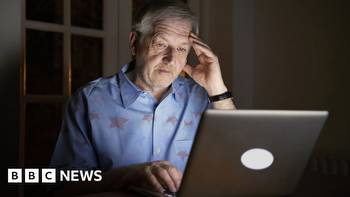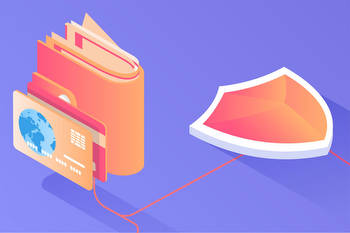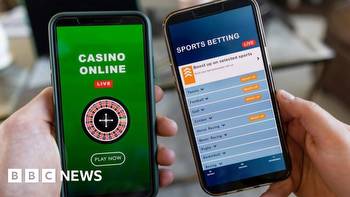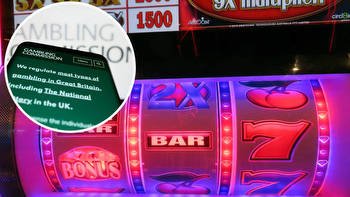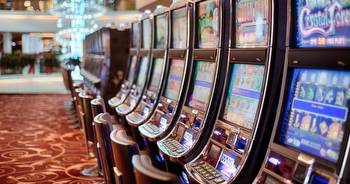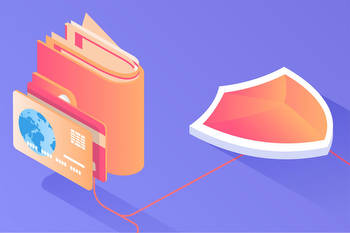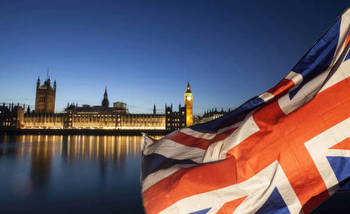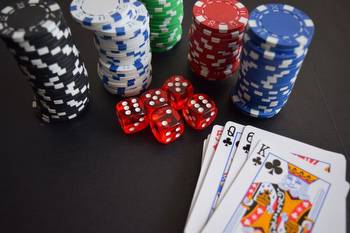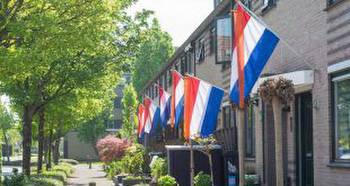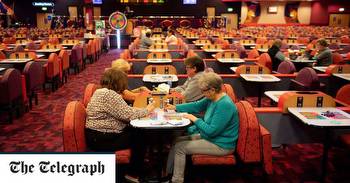I run NHS gambling clinics. The white paper doesn’t go nearly far enough
When people come to our clinics they’re already on their knees and desperate for help. This gambling white paper will not do enough to stop the flow of patients brought to us because of products deliberately engineered to be highly addictive.
The evidence of harm is there and has been submitted, yet so much is again out for consultation or not covered at all. The government has enough to act now and the delays mean the industry will carry on making huge profits while people are suffering and dying.
Gambling companies will continue to expose children and those harmed to advertising, and the practice of profiling and using marketing to access customers already experiencing harm. Alarmingly, the culture of VIP programmes targeting offers to the biggest loss-making customers looks set to continue.
Affordability checks will only kick in if someone loses £1,000 in 24 hours and are still being consulted on. Given that the average household’s disposable income is £500 a month, we need much lower levels to find people who are gambling beyond their means.
Our patients enter gambling mostly through sports and bingo and are then cross-sold addictive online casino games on their phones. This has not been stopped. There is a good reason many countries have already outlawed slot-style phone games.
The biggest health problem is coming from smartphone games that allow people to carry Las Vegas in their pocket. The risks are very different to someone playing the national lottery or playing bingo, and there is little in the white paper addressing this with any urgency.
We want to see stake limits of £2 a spin on online slots for everyone, and significantly slower speed of play. This would lead to a meaningful reduction in harm, but many of our patients, including women, are motivated by more time playing using low stakes, rather than by money, sucked into a mindless state for prolonged periods. There is concern that they are not being protected.
The recently announced voluntary ban on front-of-shirt advertising in football sends a confusing message, since it will continue on shirt sleeves, in stadiums, TV, radio and online. Many European countries have imposed significant curbs on advertising, and this represents a big failure of the government to reduce harm.
The white paper acknowledges that gambling is harmful to health and must be regulated, but the government seems to struggle to understand that gambling harm and addiction is not the product of a minority of flawed, weak, vulnerable people. The problem is that we are mass advertising and marketing an addictive product that could ensnare anyone.
The introduction of a statutory levy on the industry, if overseen by the Department of Health and Social Care, is a big moment. Campaigners have long been calling for an end to gambling industry influence into information, research, education and treatment, which has deliberately impeded progress for so many years. We can finally set a programme of research that focuses on the source of harm, industry products and practices, and their consequences.
We should also see meaningful national public health campaigns. This will put an end to the damaging and industry-friendly “responsible gambling” campaigns and messaging. There will be no more “when the fun stops, stop” or “take time to think”.
The public should hear the unvarnished truth about gambling harm, but how will this fare against the £1.5bn of gambling advertising that normalises the product? There will also be a significant increase in the availability of evidence-based treatment through the NHS.
But the levy is not enough: we need to prevent the harm in the first place, and the white paper falls well short of doing that.
Dr Matt Gaskell is a consultant psychologist and head of the NHS Northern Gambling Service
In the UK and Ireland, Samaritans can be contacted on 116 123, or email jo@samaritans.org or jo@samaritans.ie. In the US, the National Suicide Prevention Lifeline is 1-800-273-8255. In Australia, the crisis support service Lifeline is 13 11 14. Other international helplines can be found at befrienders.org.







